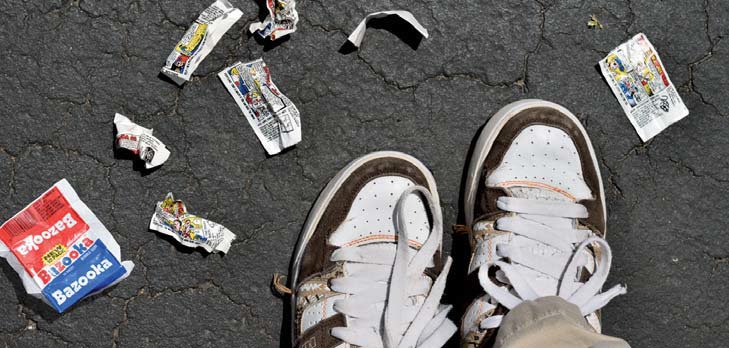People pay attention to astrology for a good reason. Astronomers should know it.
Did that get your attention? As a science writer who’s not shy about explaining pseudoscience to its believers’ faces, and ranting about “pathetic woo” behind their backs, I’m treated with a certain caution by the three professional astrologers among my friends and acquaintances.
By “professional” I mean they’ve cast horoscopes for pay. They apparently give good value; customers come back. They’ve learned better than to try to give me lame physics woo, such as the stuff you’ll hear about our bodies being mostly water and celestial objects raising tides within us. They’ve been well instructed that each of the millions of pebbles in your yard has a greater tidal effect on your body (water or otherwise) than Jupiter, Mars, or Venus do. (Here’s the math.)
And they know I’ll also tell them about the many experiments showing that you can take the best professional horoscopes, shuffle them up, and people will deem a random one just as amazingly insightful as their own. Nor can people pick their own reading from a selection more often than chance. The planets have nothing to do with it.
But that’s not the point. If you want to get through to your believing sister-in-law or your uncle in Cincinnati, the way to do it is not to argue physics or astronomy, but to explain why astrology works.

I tell this with my own story. When I was in elementary school, I practiced a form of divination that you could call bazookamancy. Back then, Bazooka Joe bubble gum was popular. It came wrapped in a little comic strip about Bazooka Joe and his gang. The wrappers were on the ground wherever kids littered. As everyone knew, when you saw one, you stopped and asked it a question. Then you picked it up and read it. The comic was a parable that answered your question. Often you had to look mighty hard to find your answer. But if you looked hard enough, it was always there.
Even at age 10, I explain, I was smart enough to know that cosmic forces had not placed the comic in my path. It was there because some kid threw it away. But it confronted me with a random reading, a random input from outside of myself, just like a horoscope: an assertion about me and my situation. It forced me to see things from an outside perspective. And that could be a dash of cold water.

Two Bazooka Joe revelations that I remember: a friend was teasing me not because he wanted my attention as my mother said, but because he actually disliked me. It was a wake-up I needed. The other: I shouldn’t join a group that was planning to get a ladder and climb into a second-story window after school, because trouble was brewing. As it was. It took a prompt for me to grasp that.
I’ve described my practice of bazookamancy to two of my astrologer friends. Each of them lit up and said, “You’ve got it!” So at some level they know it isn’t about the planets, not if one form of divination is as good as another. Any reading or fluke or chance — any metaphor looking for its referent — will serve your uncle in Cincinnati just as well.
With that out of the way, he may be more willing to talk about how the planets and tides really work — and maybe how humans work too.
Astrology, cafedology, palmistry and all sorts of divination stuff works are very well explained in what Psychology calls the Barnum Effect or the Forer Effect. It basically works like this: The "readings" or explanations are so vague and evasive that a person "looking for an answer" will interpret the reading according to his own problematic. It has to do with some sort of internal predisposition to turn everything being said into a "meaningful" thing, hence, astrology has got something for everyone. I once was poking fun to my cousin who is into these things, by reading her the horoscope of Leo instead of Virgo that she was. At the end I asked "do you thing it is reliable?" and she answered "definitely yes, I was feeling the exact vibe today". :)
The 'horoscope of Leo' has nothing to do with astrology. Horoscope is from greek "time watcher", most likely meaning guardian. And it is the snapshot of celestial bodies against the ecliptic at this time or that. And if you follow the rules about reading them, they aren't vague. :->
But yeah, mostly what is described in the article is correct. The main purpose of divination is to make you think. Too bad that for a lot of people consulting a diviner is an excuse to continue not thinking.
I think people want to believe that there's some purpose to their life or to blame their problems on an external force. If that makes them happy then let them. Some people are good at judging what others want to hear and they can make a living as astrologers, psychics etc. That's a superpower that can be mis-used.
I'd forgotten about Bazooka Joe. I'm sure we had those when I was a kid. Little things like those comics seemed cool back then. Not sure I remember them having a fortune on them. It's a long time ago.